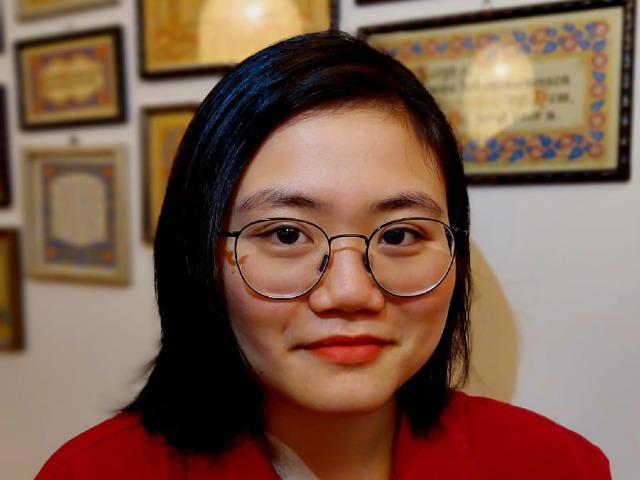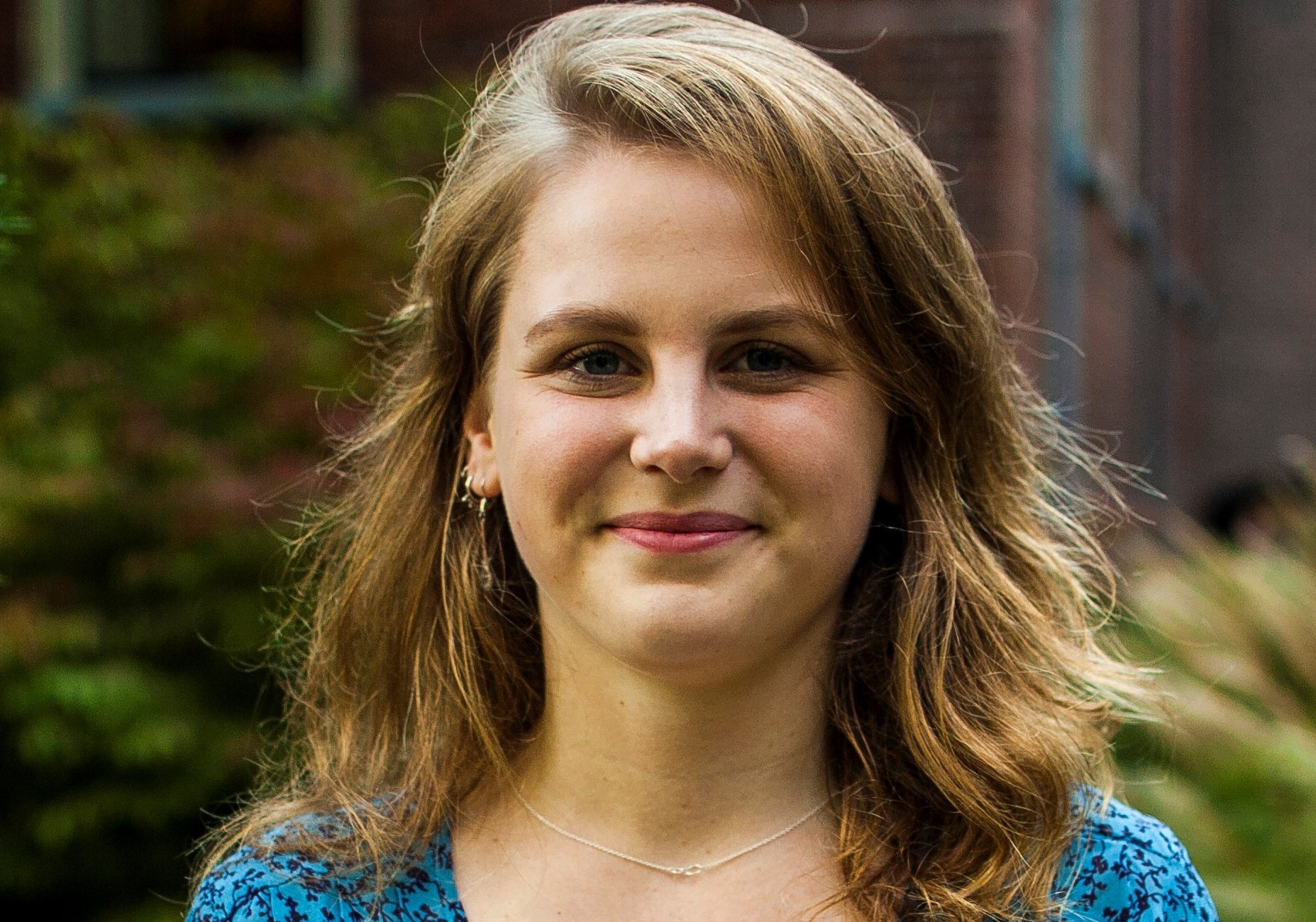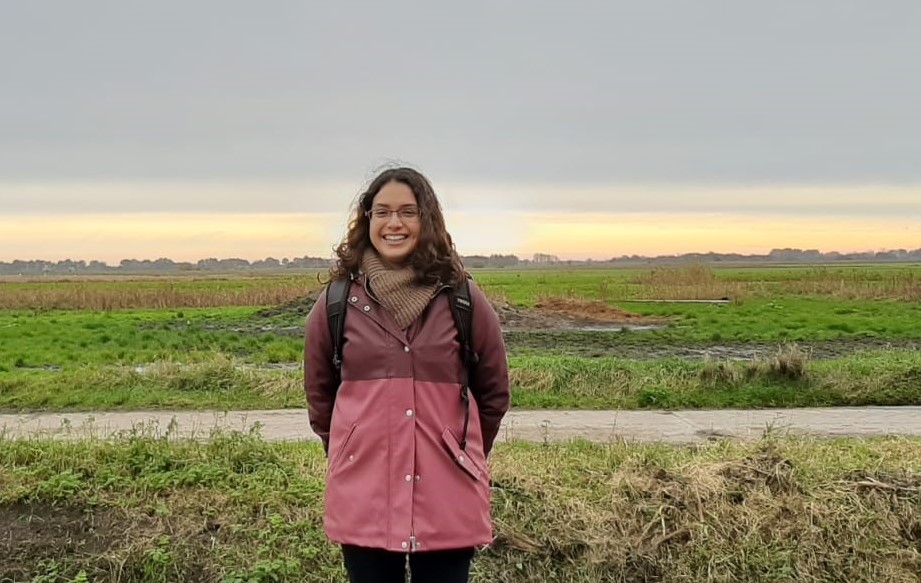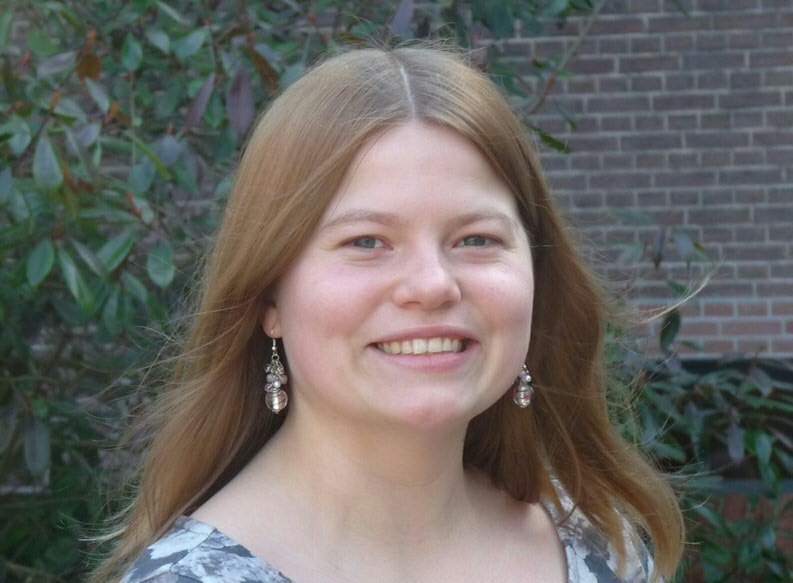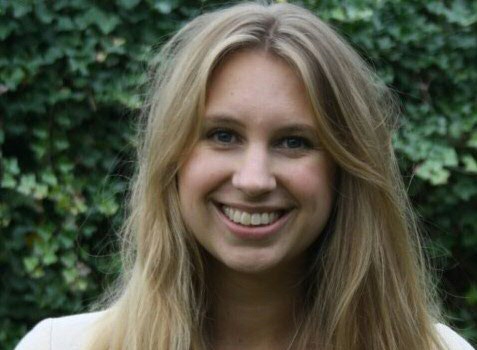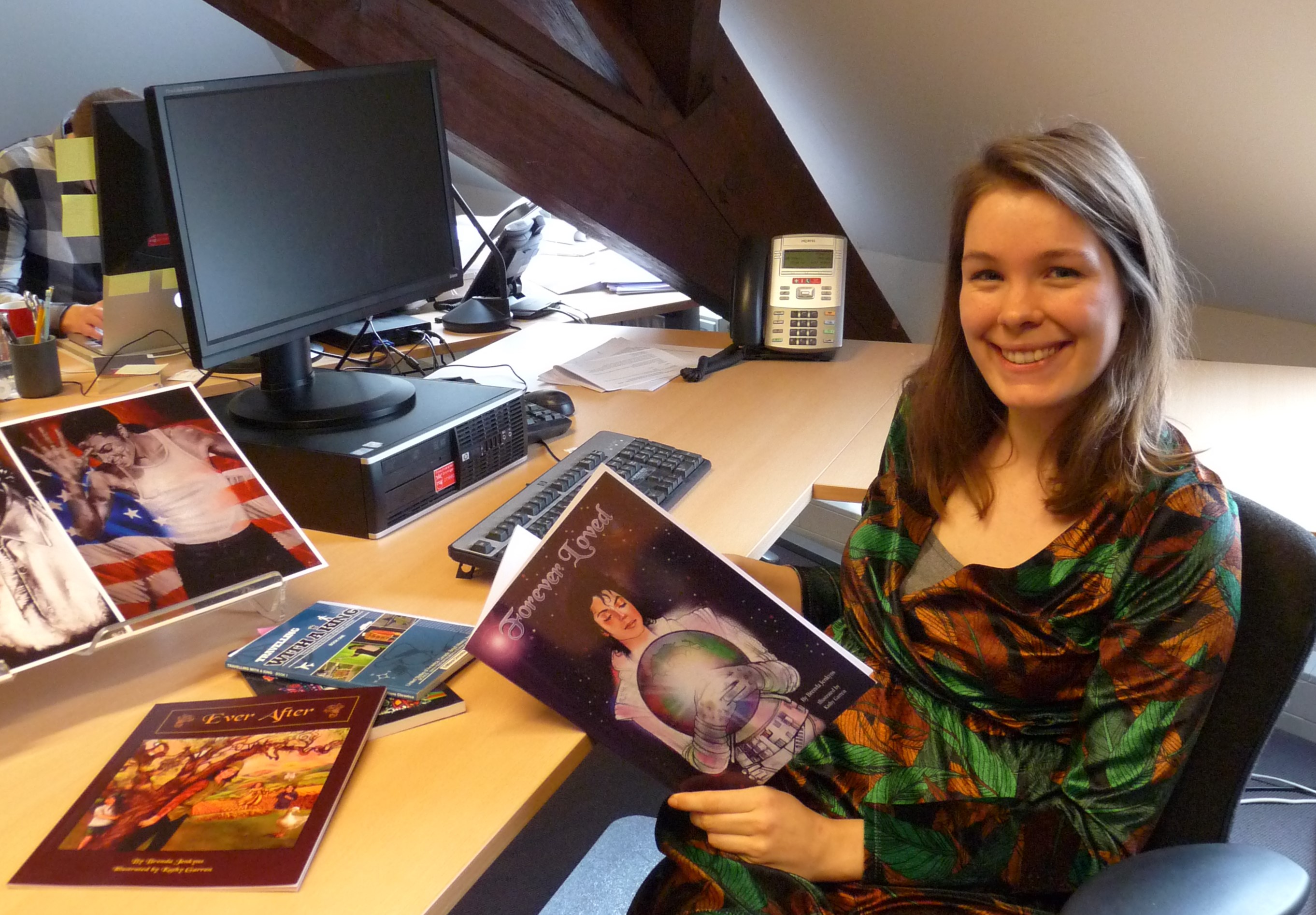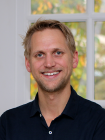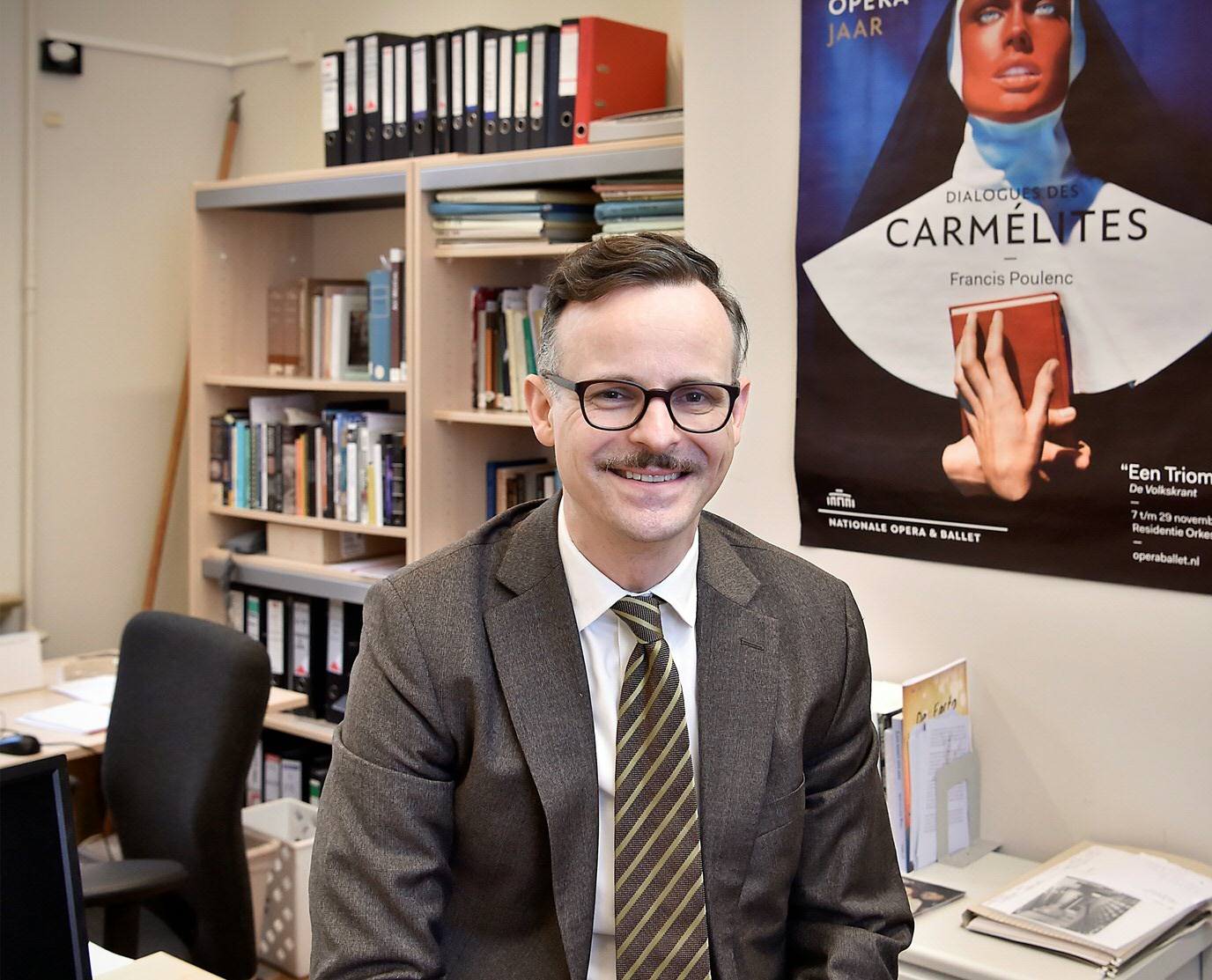
Andrew Irving
Who benefits from the use of the past and why?
We humans are constantly making use of the past to say something about who we are in the present: sometimes unconsciously, sometimes very deliberately. Where it gets particularly interesting is when for instance formerly cherished sites, landscapes, practices, and objects are neglected, forgotten or threatened with destruction.
... On top of this, heritage practices themselves (such as walking the Camino, or keeping a local dance tradition alive) are ways of preserving “the chain of memory” in community - they are, in other words, perhaps another way of “doing” religion. According to current estimates, over 300 million tourists visit religious sites every year. The vast cultural, political, religious, economic, and environmental impact of these visits - whatever their motivations may be - is attracting the attention of governmental bodies on all levels, of private foundations and museums, and of industry specialists in tourism and infrastructure. This has leant urgency to the question: How do we engage, preserve and communicate the remains of our religious past? For these reasons, it is critical that graduates in religious studies and theology be equipped to facilitate and contribute informed voices to public debate about the future of religious heritage. It is also vital for the academic research and faith communities to learn about the ways in which “lay” and “non-expert” participants actively re-appropriate religious spaces, objects, and practices formerly perhaps too narrowly defined as the domain of adherents to religious beliefs on the one hand and trained experts on the other.Groningen’s MA in Heritage and Religion is unique in preparing you for this crucial bridge role. You will bring rigorous and critical training in theology and religion to the table in public and private discourse about religious heritage. At the same time you will learn to contribute to the academic study of religious history and to faith communities by communicating and analyzing the interests, questions and challenges that arise from the broader public’s engagement with its own and other peoples’ religious heritage.I teach courses that engage with material aspects of religion: visual arts, liturgical rites, books, music, and objects, material culture, architecture and archaeology. The courses will provide you with training and hands-on experience of observing, describing, comparing, and analyzing religious objects, spaces, and practices from the past, and in thinking about and questioning what is at stake in their preservation, use, and adaptation in the present. Studying material religious cultures helps us to think outside the box about the nature of lived religious belief itself.My research centers on the intersection between book history and the history of Christian worship. In Christianity, Judaism, and Islam, books comprise perhaps the largest group of religious artefacts that survive. I study the design and production of liturgical manuscripts, and, in particular, the material evidence for their intended and actual use. In this way, we can examine a religious book as if it were an archaeological site. By identifying and peeling back layers of evidence of repeated use and adaptation of single book objects sometimes over centuries, we can learn to re-consider what a religious book is for, how it works, and what it might tell us about the communities and individuals that made and used it. It is this careful and patient approach to sustained engagement with all material aspects of religion that I aim to bring to the classroom, fieldwork, and student-lead research.
lees verder ...


